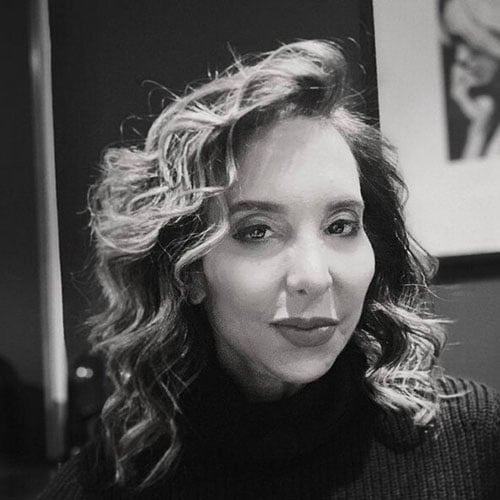 Photo from Pixabay
Photo from Pixabay “That’s cool,” I said somewhat offhandedly to my son after he showed me something, well, cool.
It’s not a word I use very often. In fact, I probably hadn’t used it for at least a decade. But he had said it a couple of times, so I thought that maybe it’s made a comeback among the ninja turtle set.
“What does that mean?” he responded.
I paused. I frowned. I think I even looked around to see who else was listening.
“Well,” I began promisingly. “Cool means …”
How to begin? How to sum it up? Why was it so much easier to define coolness 10 or 20 years ago, before everything changed? Before I began to feel completely out of sync with the group of people and ideas that I had associated with coolness?
My introduction to coolness didn’t come till high school. Like most teens in suburban America, I was fairly rebellious. At 14, I believed that meant: Do what other teens who seem rebellious are doing. I let my hair grow long and wild, wore the most bohemian clothes my mother would allow, and spouted the “benefits” of socialism.
At 16, my first real boyfriend introduced me to the works of Ayn Rand, and my entire world was turned upside down. After devouring every word the Jewish-Russian author wrote, I stopped copying what everyone else was doing and began to look within, to look for me.
It was liberating and inspiring. I stopped caring whether the other girls thought I was pretty enough to be part of their clique: I didn’t want to be part of anyone’s clique. I began to seek out the most interesting, thoughtful friends, and we had endless discussions about literature, philosophy and art.
This nonconformist rebellion continued throughout college, shaping and cementing my classical — now called universal — liberal views.
This has not always led to happiness. One of the flaws of capitalism is that it often rewards people who know how to “work a room” over developing innovative ideas. But it has led to a sense of inner peace. If I wasn’t always as successful as I would have liked, at least I knew that I had never sold my soul to the highest bidder.
The illiberal leftism that high school and college students are devouring today makes my initial conformity look almost cool. Students are taught not how to think, but what to think — about politics, film, art, even fashion. Nothing is left to individual choice. In fact, nonconformity is frowned upon. The closer one adheres to the leftist agenda, the higher one’s status.
What would I tell teens who have been brainwashed by their Marxist professors into thinking that following leftist orders is the definition of cool?
We are the artists of our lives. Resist fashions, both political and aesthetic. Listen to Maajid Nawaz, the Muslim reformer fighting against radical Islam; to Ayaan Hirsi Ali, the ex-Muslim feminist activist fighting against genital mutilation and other forms of female oppression. Listen to Ben Shapiro even if you disagree with him.
The rebels today are rebuilding liberalism, after a quarter century of identity politics, intersectionality and victimhood. As Bob Marley put it: “None but ourselves can free our minds.”
It’s a little harder to talk about this with my son, now 8. He’s already dealing with peer pressure to wear a certain type of clothes and talk in a certain manner. He has learned that being bad equals cool. In fact, he’s already moved on from cool to sick, monster, beast. But he still wants to know what it means.
Students are taught not how to think, but what to think. … The closer one adheres to the leftist agenda, the higher one’s status.
“There’s a difference between questioning things and being bad,” I’ve told him. “You should question things all the time. But being bad is actually uncool. It means you’re trying to get the approval of your friends, instead of following your heart.”
He looked at me as if he was going to cry; he didn’t understand.
I tried again. “Do you know what’s really cool? Creating something incredible. Becoming an awesome artist or athlete or scientist.”
The cry face went away. I continued. “But do you know what’s the coolest thing of all?”
I whispered in his ear: “Just being yourself.”
Karen Lehrman Bloch is a cultural critic and author living in New York.























 More news and opinions than at a Shabbat dinner, right in your inbox.
More news and opinions than at a Shabbat dinner, right in your inbox.